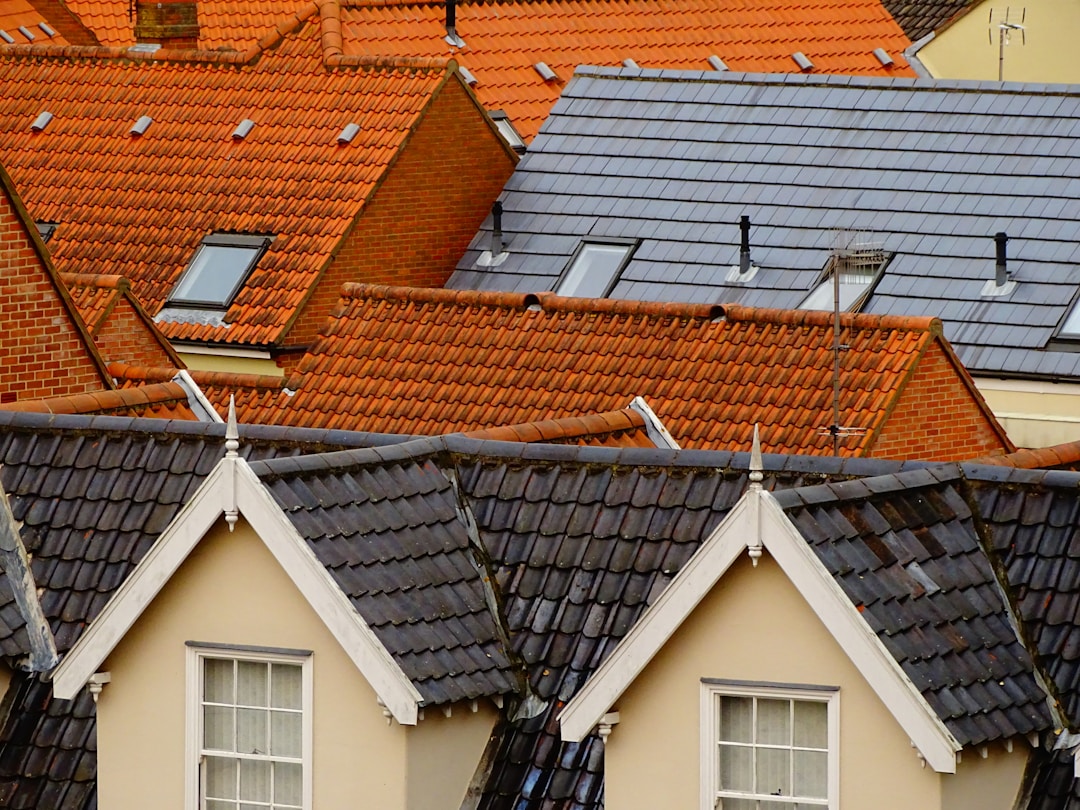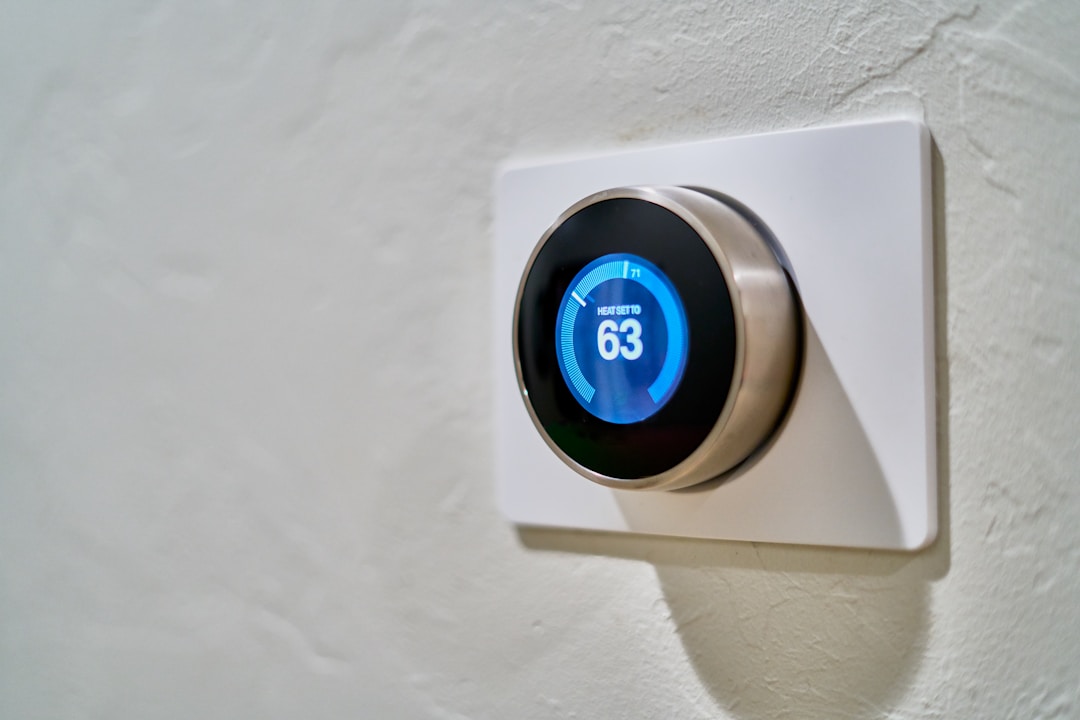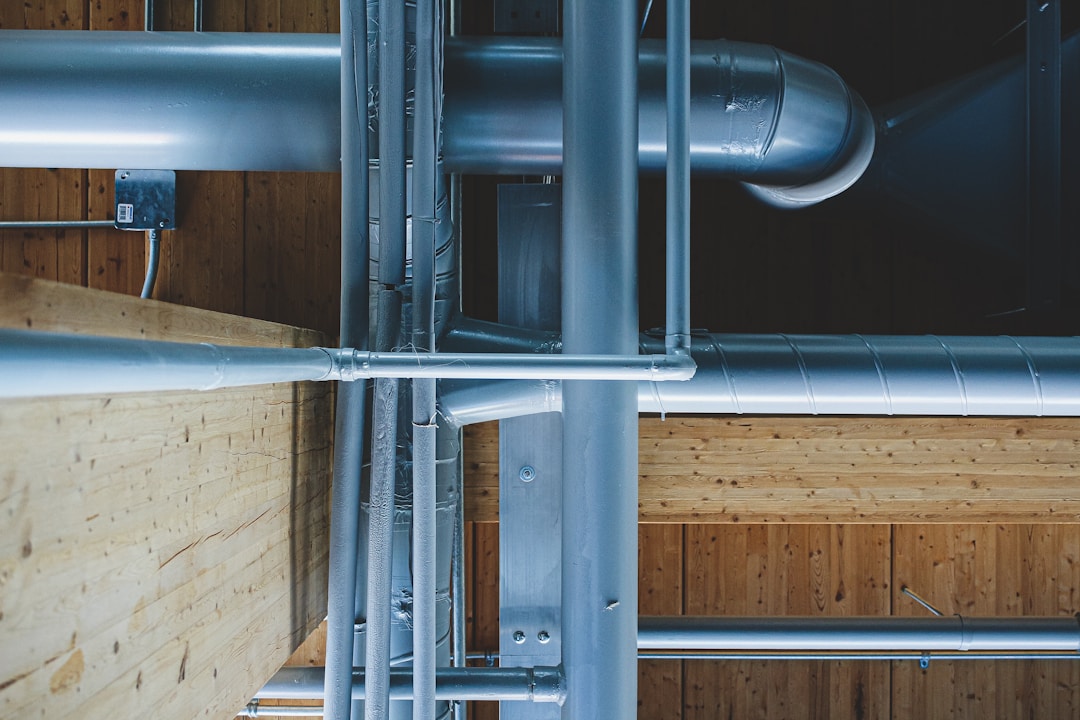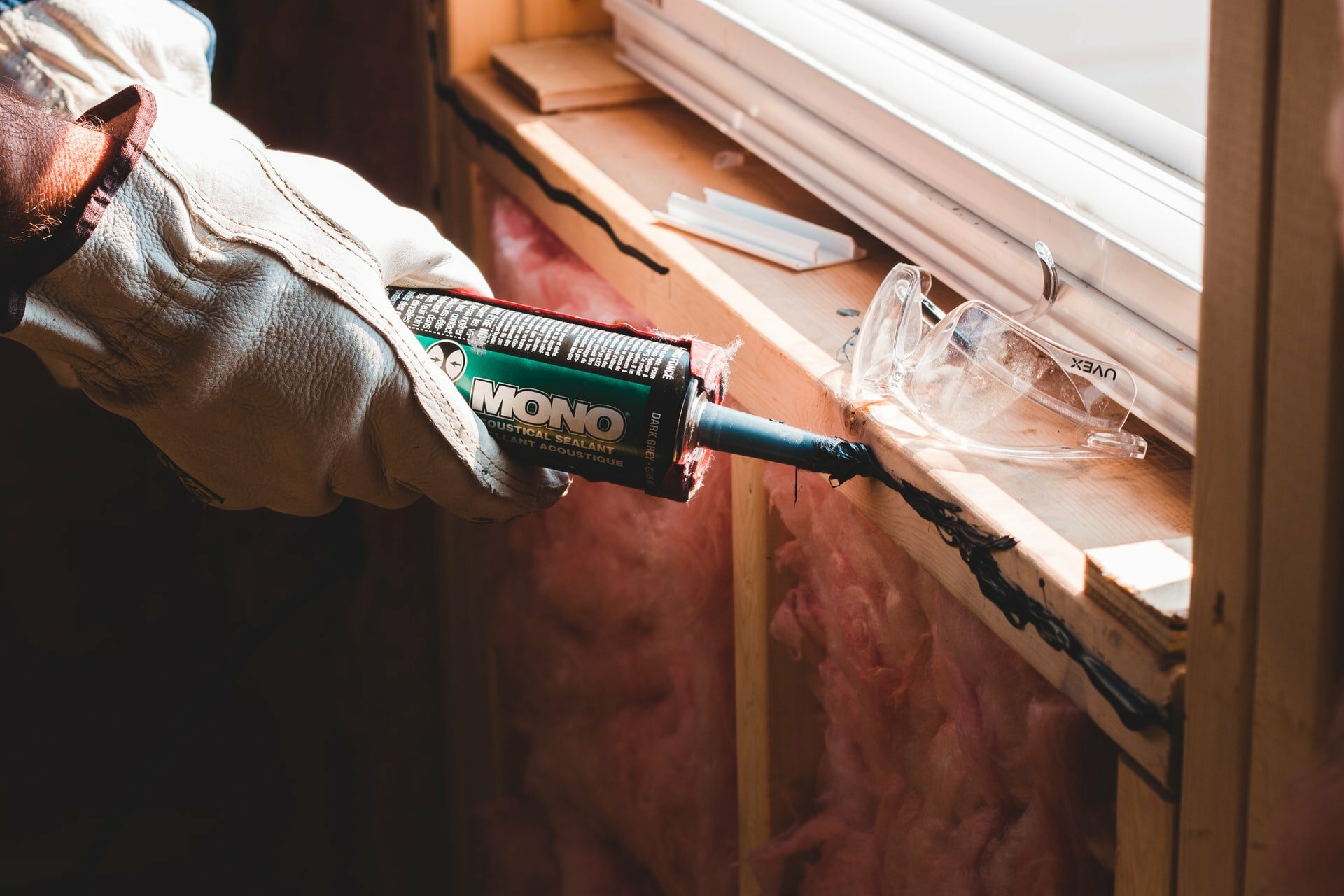While becoming a homeowner is an exciting milestone, it also comes with numerous responsibilities. Instead of having a landlord to handle your repairs and any structural issues with your residence, you’ll have to handle the repair or replacement of any of your appliances and home fixtures on your own. For new homeowners or those without experience, it can be overwhelming to try and figure out how to deal with an unexpected breakdown or damage to your home that you’re unsure how to fix.
It’s simple to find good help or a contractor who can evaluate your home online, and it’s smart to call as soon as you’re able to. Letting problems linger is a good way to make them more expensive to solve. For anyone who wants to learn about issues that they may run into with their property, continue reading for information about three of the most common types of home repair.
1. Roof Repair

Your roof is one of the most structurally important parts of your home and one of the most common home repairs. It’s essential that you do regular maintenance in order to prevent it from sustaining any damage. Your roof can be vulnerable to problems like leaks, rotting, and environmental damage, and if you allow those problems to continue to worsen, you may need to replace your roof entirely. Small problems like replacing shingles or small leaks shouldn’t
2. HVAC System

Don’t wait until your air conditioner is making strange and loud noises to have a technician check it out. Your HVAC system should be inspected at least once annually, and your air filter should be changed every 90 days. The lifespan of the average HVAC unit is around 12-15 years, so if yours is older than that, it may be time to start thinking about a replacement rather than a repair. You don’t want to wait for something catastrophic to happen or for expensive damage to be created before you have a chance to install your new HVAC.
It’s also a good idea to take steps around the house to ensure you’re not overloading your HVAC system unnecessarily. Cracks and crevices in your windows and doors can let in outdoor air, forcing your heating and air conditioning systems to work harder to regulate the temperature. This not only forces your HVAC to use more energy, but it can also raise your utility bills.
3. Water Heater

It’s easy to forget that your water heater needs regular maintenance, but ignoring the need for repair or replacement can end in disaster for you as a homeowner. A damaged water heater can cause flooding and serious water damage in your home. If you notice any leaks, hear loud noises coming from the water heater, or notice that your water isn’t being adequately heated, it may be time to have a technician come and take a look. The lifespan of the average water heater is around 5-10 years, so if yours is on the older side, it may be time for a new one entirely.
It can seem like there’s a lot to keep tabs on when you own your home, especially when it comes to handling cleaning and maintenance. However, being proactive about caring for the contents of your home is the best way to avoid expensive and unexpected breakdowns or costly repairs. It’s worth it to invest in quality home repair services, especially for fixtures that should last you for a number of years.
Don’t just react when something breaks, try to prevent the problem entirely by keeping up with inspections and maintenance. Skipping these things could end up taking years off the life of your appliances and cost you money. The more thoroughly you take care of your home, the more likely it is that it will stay in good condition, both inside and out.





